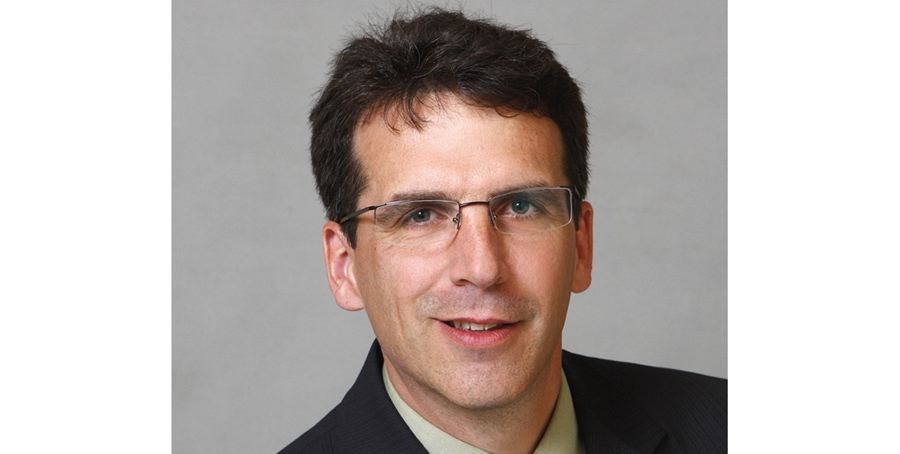My first paid job, other than the small stipend I got for doing chores around our yard, was working for my dad's girlfriend, pulling weeds and other laborious yardwork, which seemed excruciatingly difficult as a young teen.
The friendly gal, who lived on the West Side of Vancouver several bus transfers away, was very fond of my dad, (or so he bragged), and often made me a generous lunch and visited with me for as long as I could muster a polite smile while chewing with my mouth (mostly) closed. She would play the piano for me, or the violin, and show me pictures of fishing trips her and her late husband took with my family before I was born. In retrospect, she was about the sweetest woman I knew at the time.
That relationship faded when I got a job at a restaurant closer to home, (only two bus transfers and a walk away) washing dishes and clearing tables in New Westminster. Cashing my first pay cheque with a posse of Grade 10 bandits, to whom I probably owed money and numerous lunches, was trickier than I thought it should have been.
The nearest bank was one of the big six. Spouting something about procedure, they refused to cash my cheque, but said I would need to deposit it in to a new bank account.
After much consternation, I finally complied, taking a few minutes to open the account and deposit the money, probably about $100. Then I got right back in to the long lineup, visited with a different teller, withdrew the entire balance, and closed the account, all of which went off without a hitch in the day before computers.
Working the system
Filing a tax return for your child will allow them to generate RRSP contribution room and get ahead, even if they don't have money to contribute to it at first.
Here's how:
Like me, many teens start working part-time after school or on weekends to earn pocket money. It gives them some freedom, a sense of purpose and duty and an appreciation for the value of money.
If your child earns an annual income below the basic personal exemption ($11,474 for 2016), they may not be required to file a tax return, but it may be worthwhile for them to do so anyway.
The reason is that it may allow them to build RRSP contribution room. RRSP contribution room can only accumulate by having "earned income" documented with the Canada Revenue Agency (CRA).
Earned income commonly includes:
Salary or wages from employment.
Net business income carried on by a self-employed individual.
Net rental income from real property.
Royalties.
Net research grants.
By filing a return, your minor child will start to accumulate RRSP contribution room at the rate of 18 per cent of earned income (up to a maximum of $25,370 for 2016).
Let's say they start working casually at age 13, earning $4,000 per year, and as parents you file a tax return annually on their behalf. They later graduate from university at age 22, and get full-time work. The extra tax-filing effort accumulates $6,480 of RRSP contribution room ($4,000 x 18 per cent x 9 years = $6,480). Then they contribute to the RRSP during their first year of their career job, when money is a lot more flush.
If their marginal tax rate is 31.5 per cent when they start working full time, they will reduce their tax liability that year by approximately $2,041 ($6,480 x 31.5). If they leave the funds in their RRSP, by age 60, that extra $6,480 in the RRSP will have grown to nearly $60,000 (assuming a moderate average growth rate of six per cent per year).
Other benefits:
Educational - If you involve your children in preparing their tax returns, they can begin to understand Canada's tax system and learn good financial management habits.
Income splitting - If you own a business, consider hiring your children and paying them a salary. Keep in mind that the salary you pay them must be "reasonable" for the services they provide. Ask yourself what you would pay an unrelated individual to do the same work.
Home Buyers Plan - If your children build up their RRSP's early, they could use the funds in the RRSP to take advantage of the Home Buyers Plan, which allows them to use up to $25,000 of their RRSP to purchase their first home.
Other considerations:
Additional costs - You may incur additional tax advisor fees or have to dedicate additional time and resources in order to file a tax return for your child.
Ability to work - Refer to federal and provincial laws for information on the type of part-time employment available to minors. This particularly relates to industrial settings.
So, in summary, if your minor child has earned income, consider helping them file a tax return, even if they do not have to pay any taxes. This will allow them to create RRSP contribution room and is also a great way to help them get into the habit of saving.
This article outlines strategies which may not apply to your particular financial circumstances, and is not intended to provide legal or tax advice. Readers should obtain professional advice from a qualified tax advisor before acting on any of this information.
Mark Ryan is an advisor in Prince George with RBC Wealth Management, Dominion Securities (member CIPF) and can be reached at Mark.Ryan@rbc.com or 250-960-4927.



